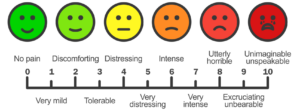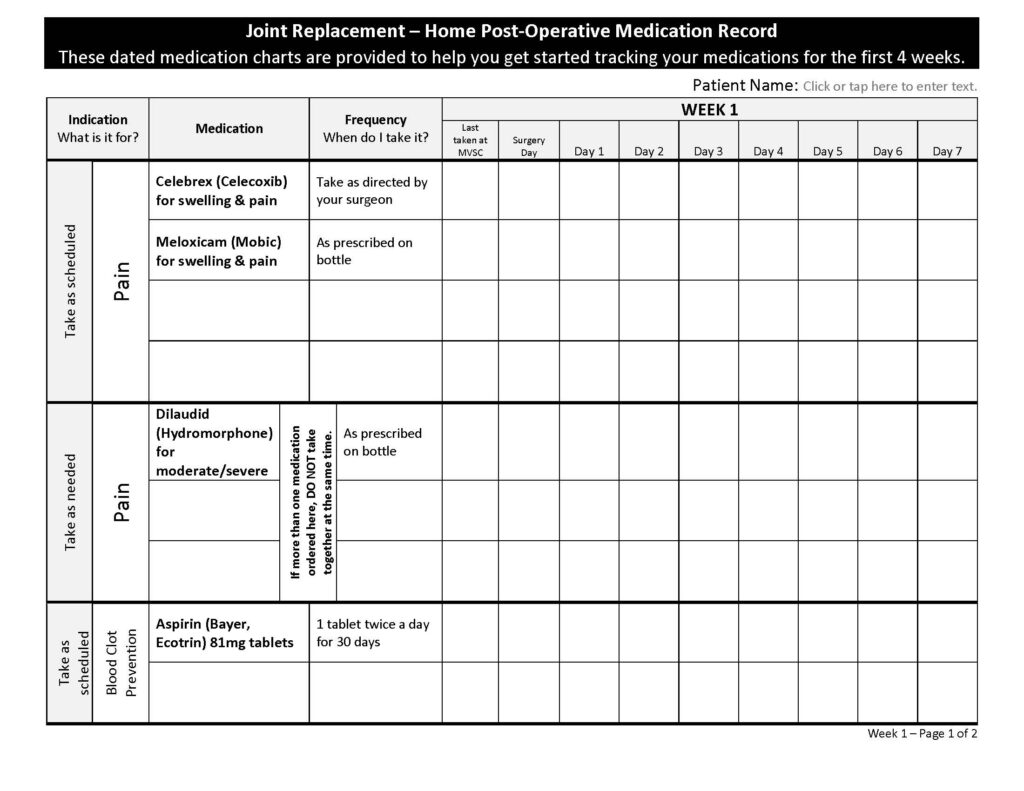Pain control during and after surgery is likely to be one of the most common concerns of joint replacement patients. With today’s medications and pain management techniques, your pain should be tolerable.
- Your doctor will choose the method right for you based upon your medical history, the amount of pain you are having and your phase of recovery.
- Regardless of the pain management protocol being used, it is important for you to communicate with your surgeon if the pain medication is not sufficient, if you are feeling nauseous, or if you are not as alert as you feel you should be. Adjustments can be made to make your pain management program as effective as possible.
- Call the surgeon’s office before going to an Emergency Department for pain! If it’s after normal working hours, the after hours answering service will contact the on-call provider for you.
- Orthopaedic Specialists Office Phone Number: (563) 344-9292



